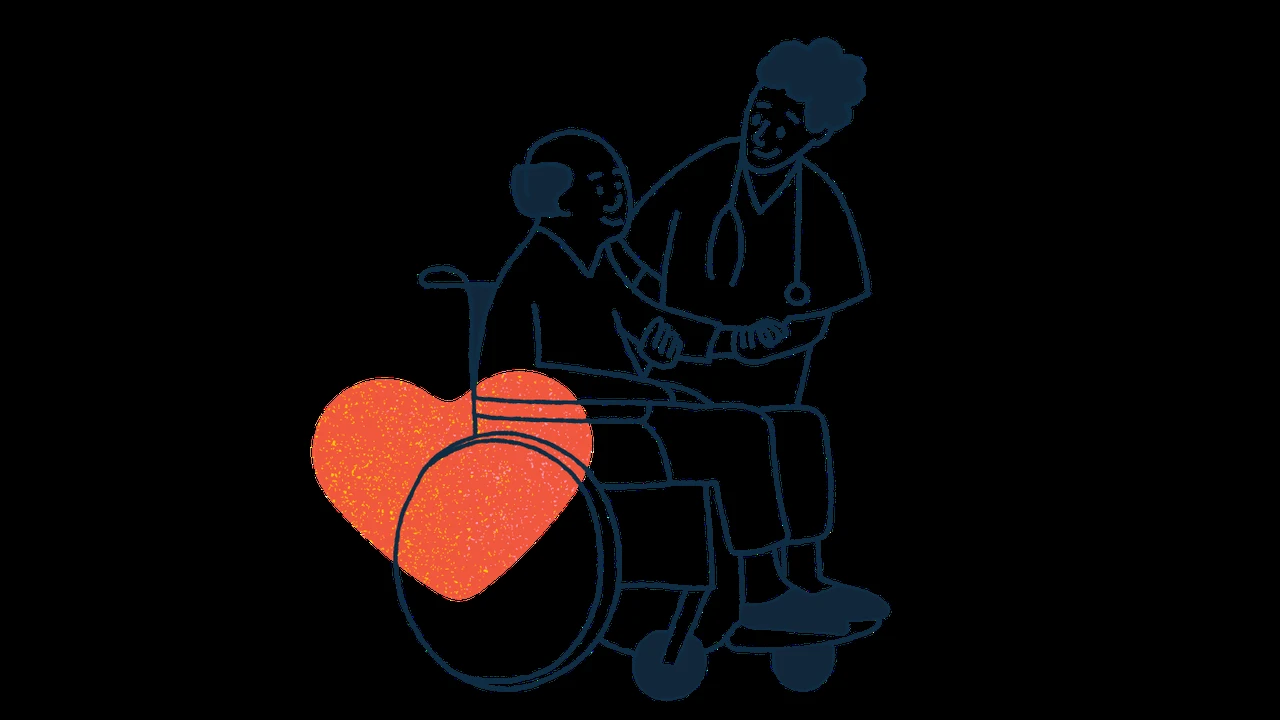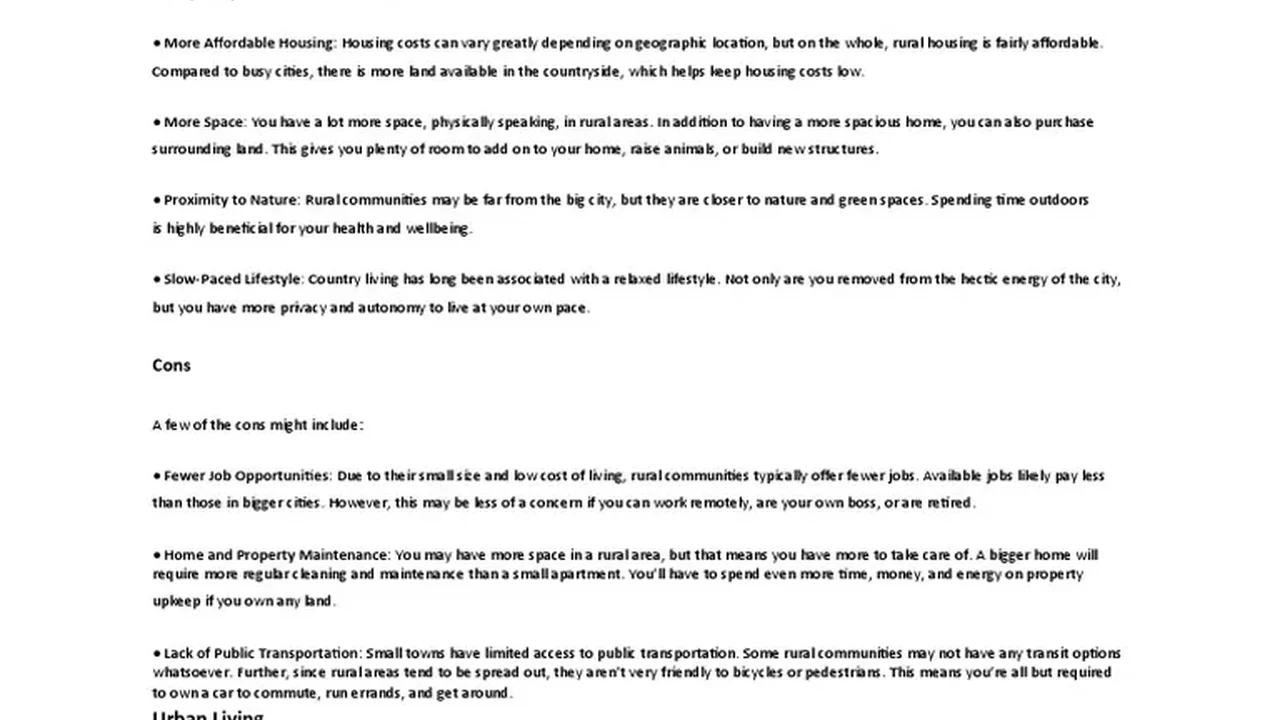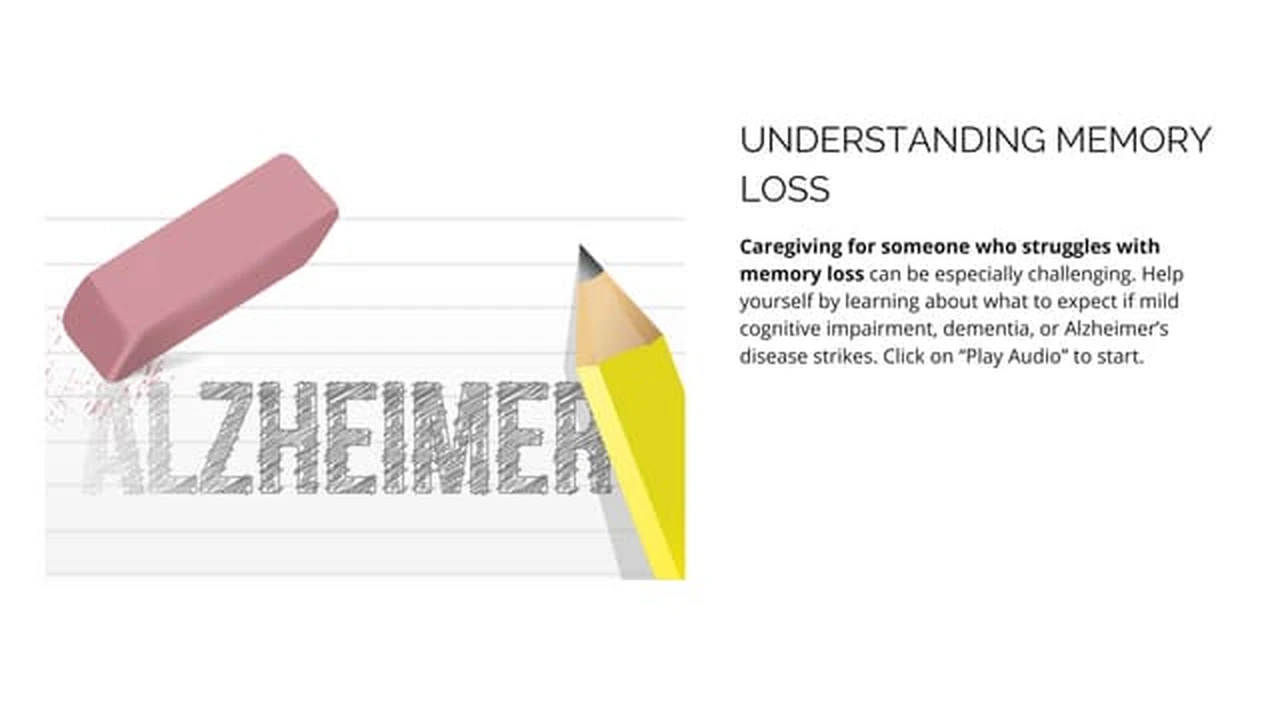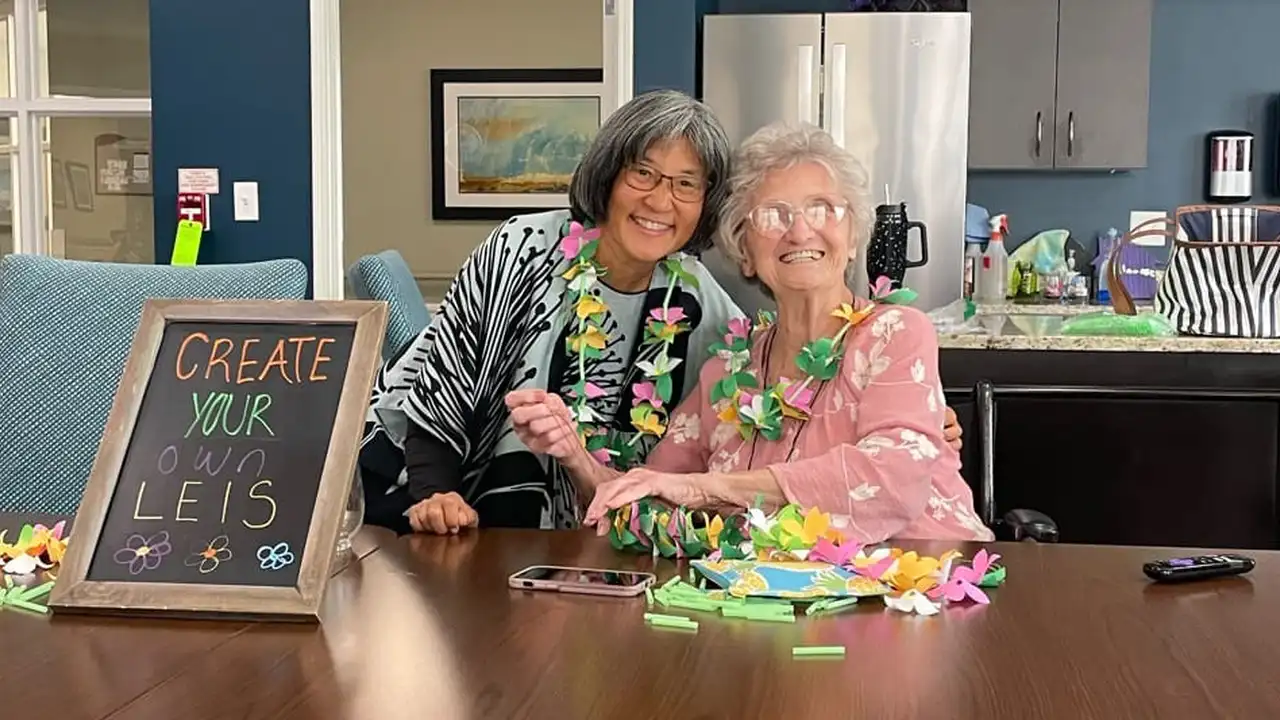Memory Care Checklist Essential Considerations
Use this detailed checklist to evaluate memory care facilities, focusing on safety, activities, and staff training.
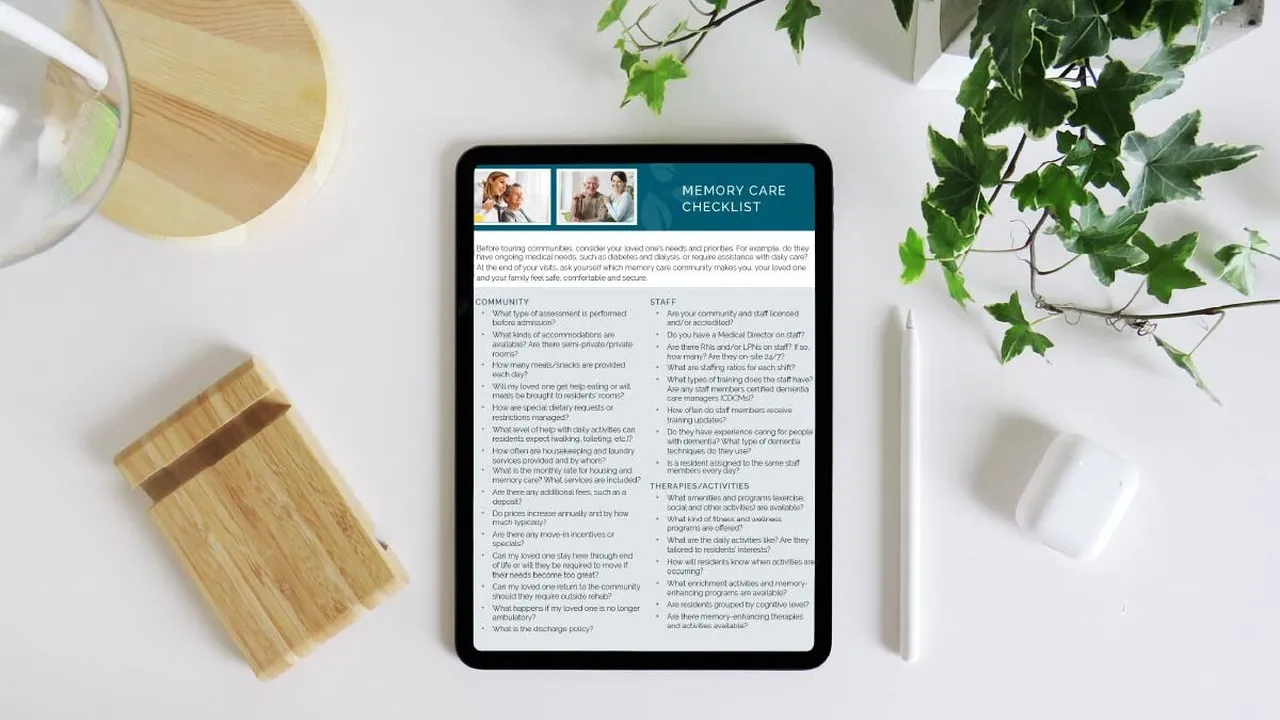
Use this detailed checklist to evaluate memory care facilities, focusing on safety, activities, and staff training.
Memory Care Checklist Essential Considerations
Deciding on a memory care facility for a loved one is one of the most significant and often emotional decisions a family can make. It’s not just about finding a place; it’s about finding a home that offers specialized care, a safe environment, and a supportive community for someone living with dementia or Alzheimer’s. This comprehensive checklist is designed to guide you through the evaluation process, ensuring you consider all essential aspects from safety and activities to staff training and overall quality of life. We’ll also dive into specific products and technologies that can enhance memory care, offering comparisons and pricing to help you make informed choices.
Understanding Memory Care What Makes It Unique
Before we jump into the checklist, let’s clarify what sets memory care apart from general assisted living. While both provide support for daily activities, memory care facilities are specifically designed for individuals with cognitive impairments. This means they offer:
- Specialized Staff Training: Caregivers are trained in dementia care techniques, communication strategies, and managing challenging behaviors.
- Secure Environments: Facilities are designed to prevent wandering, with secure perimeters and often alarmed exits.
- Tailored Activities: Programs are developed to stimulate cognitive function, encourage social interaction, and reduce agitation, often focusing on reminiscence therapy, sensory stimulation, and simple, engaging tasks.
- Higher Staff-to-Resident Ratios: More staff are available to provide individualized attention and supervision.
- Specific Design Elements: Layouts are often circular to prevent dead ends, signage is clear, and colors are chosen to be calming and non-distracting.
The Essential Memory Care Facility Checklist
Let’s break down the critical areas you need to assess when evaluating memory care options.
Safety and Security Features for Dementia Care
Safety is paramount in memory care. Individuals with dementia may wander, become disoriented, or be prone to falls. Here’s what to look for:
- Secure Perimeter and Exits: Are all exits alarmed or monitored? Is there a secure outdoor area for residents to enjoy safely?
- Wandering Prevention Systems: Do they use wristband tracking systems or other technologies to monitor residents’ whereabouts?
- Fall Prevention Measures: Are hallways well-lit and free of obstacles? Are bathrooms equipped with grab bars? Are floors non-slip?
- Emergency Preparedness: What are their protocols for fire, medical emergencies, or natural disasters? Is staff trained in CPR and first aid?
- Medication Management: How is medication stored, administered, and monitored? Is there a clear system to prevent errors?
- Resident Monitoring: Do they use discreet monitoring systems (e.g., motion sensors, bed alarms) to ensure safety without being intrusive?
Staff Training and Expertise in Dementia Support
The quality of care largely depends on the staff. Don't hesitate to ask detailed questions about their training and experience.
- Dementia-Specific Training: Do all staff members, including administrative and dining staff, receive specialized dementia training? How often is this training updated?
- Communication Techniques: Are staff trained in effective communication strategies for individuals with cognitive impairment (e.g., validation therapy, redirection)?
- Behavior Management: How do they handle challenging behaviors like agitation, aggression, or sundowning? Do they use non-pharmacological interventions first?
- Staff-to-Resident Ratio: What is the ratio during different shifts (day, evening, night)? A lower ratio generally means more individualized attention.
- Staff Turnover: High turnover can indicate issues. Ask about their staff retention rates.
- Care Planning: How are individualized care plans developed and updated? How often are families involved in this process?
Activities and Engagement Programs for Cognitive Health
Meaningful activities are crucial for maintaining cognitive function, reducing anxiety, and improving quality of life for memory care residents.
- Variety of Activities: Do they offer a diverse range of activities catering to different interests and cognitive levels? (e.g., music therapy, art therapy, reminiscence groups, light exercise, gardening).
- Individualized Engagement: Are activities tailored to individual preferences and abilities?
- Sensory Stimulation: Do they incorporate sensory activities (e.g., aromatherapy, tactile experiences) to engage residents?
- Outdoor Access: Is there a secure outdoor space for residents to enjoy fresh air and nature?
- Family Involvement: Are families encouraged to participate in activities or special events?
- Daily Schedule: Ask to see a typical daily activity schedule. Is it structured but flexible?
Facility Environment and Design for Memory Care Residents
The physical environment plays a significant role in the well-being of individuals with dementia.
- Clear Layout and Navigation: Is the facility easy to navigate? Are there clear signs and visual cues?
- Lighting: Is the lighting bright and consistent, reducing shadows that can cause confusion or fear?
- Noise Levels: Is the environment generally calm and quiet, or is there excessive noise that could be agitating?
- Personalization: Are residents allowed to personalize their rooms with familiar items?
- Common Areas: Are common areas comfortable, inviting, and conducive to social interaction?
- Dining Experience: Is the dining area pleasant? Are meals served at consistent times? Is assistance available for those who need it?
- Cleanliness and Maintenance: Is the facility clean, well-maintained, and free of odors?
Health and Wellness Services in Memory Care
Beyond daily care, consider the health and wellness support offered.
- On-site Medical Services: Do they have visiting physicians, nurses, or therapists (physical, occupational, speech)?
- Coordination of Care: How do they coordinate with external healthcare providers and specialists?
- Nutritional Support: Are meals balanced and nutritious? Can they accommodate special dietary needs?
- Mental Health Support: Is there access to counseling or behavioral health services if needed?
- Hospice and Palliative Care: What are their policies and partnerships regarding end-of-life care?
Cost and Financial Considerations for Memory Care
Memory care can be expensive, so understanding the financial aspects is crucial.
- Base Monthly Fee: What does the base fee include?
- Levels of Care: Do they have different levels of care with varying costs? How are these assessed and adjusted?
- Additional Charges: Are there extra charges for medication management, personal care, activities, transportation, or specific therapies?
- Payment Options: Do they accept long-term care insurance, VA benefits, or Medicaid (if applicable)?
- Contract Terms: What are the terms of the residency agreement? Are there any hidden fees or cancellation policies?
Enhancing Memory Care with Technology and Products
Beyond the facility itself, various products and technologies can significantly enhance the quality of life and safety for individuals in memory care. Here are some categories and specific recommendations, along with their typical use cases and pricing.
Smart Home Devices for Safety and Monitoring in Memory Care
These devices can provide an extra layer of security and peace of mind, both for residents and caregivers.
Smart Sensors and Alarms for Dementia Safety
- Product: SafelyYou AI-Powered Fall Detection System
- Use Case: This system uses AI and discreet cameras (with privacy filters) to detect falls in real-time, alerting staff immediately. It can also analyze fall patterns to help prevent future incidents. It's particularly useful in resident rooms and common areas where falls are a risk.
- Comparison: Unlike traditional pressure mats or wearable fall detectors, SafelyYou offers proactive, continuous monitoring without requiring resident interaction. It reduces false alarms and provides valuable data for care planning.
- Pricing: Typically a subscription-based service for facilities, ranging from $50-$150 per resident per month, depending on the scale and features.
- Product: Smart Door/Window Sensors (e.g., Aqara Door and Window Sensor)
- Use Case: These small sensors can be placed on doors or windows to alert staff if a resident attempts to exit a secure area. They integrate with smart home hubs and can send notifications to staff devices.
- Comparison: More discreet and less intrusive than traditional door alarms. They can be customized to specific zones.
- Pricing: Individual sensors cost around $15-$30 each, plus the cost of a compatible smart home hub (e.g., Aqara Hub M2, around $60).
GPS Trackers for Wandering Prevention in Memory Care
- Product: AngelSense GPS Tracker for Dementia
- Use Case: A wearable GPS tracker designed for individuals with dementia, offering real-time location tracking, geofencing (alerts when leaving a safe zone), and even voice communication. It's often worn discreetly on clothing.
- Comparison: Specifically designed for vulnerable individuals, with features like tamper-proof wearing options and continuous tracking, unlike general consumer GPS trackers.
- Pricing: Device cost around $99-$149, with a monthly service plan ranging from $30-$50.
- Product: Jiobit Smart Tag
- Use Case: A small, lightweight GPS tracker that can be clipped onto clothing or worn as a pendant. Offers real-time tracking, geofencing, and long battery life.
- Comparison: More versatile in terms of wearing options than some dedicated dementia trackers, but might lack some of the specialized communication features.
- Pricing: Device cost around $129-$149, with monthly service plans starting from $10-$15 (with longer-term commitments).
Cognitive Stimulation and Engagement Tools for Dementia
These products help keep minds active and engaged, reducing boredom and agitation.
Interactive Tablets and Apps for Memory Care Residents
- Product: Rendever Virtual Reality for Seniors
- Use Case: A VR platform specifically designed for seniors, offering immersive experiences like virtual travel, revisiting old homes, or engaging in interactive games. It can reduce isolation and stimulate memories.
- Comparison: Unlike general VR, Rendever's content is curated for seniors, focusing on positive, calming, and engaging experiences. It's often used in group settings within facilities.
- Pricing: Typically a facility-level subscription, ranging from $500-$1500 per month, including hardware and content.
- Product: GrandPad Senior Tablet
- Use Case: A simplified tablet designed for seniors, with large buttons, easy navigation, and pre-loaded apps for video calls, photos, games, and music. It helps residents stay connected and entertained.
- Comparison: Much simpler and more intuitive than a standard iPad or Android tablet, reducing frustration for those with cognitive decline. It often comes with dedicated customer support for seniors.
- Pricing: Device cost around $200-$300, with a monthly service plan (including data and support) around $40-$60.
Reminiscence Therapy Tools for Memory Care
- Product: Relish Reminiscence Packs
- Use Case: Themed activity packs designed to spark memories and conversation, featuring items like picture cards, conversation starters, and sensory objects related to specific eras or hobbies.
- Comparison: Provides structured, engaging activities for individuals or small groups, unlike generic puzzles or games.
- Pricing: Individual packs range from $30-$70.
- Product: Jukebox for Dementia (e.g., Simple Music Player)
- Use Case: An easy-to-use music player designed for individuals with dementia, often with a simple on/off switch and pre-loaded familiar music. Music therapy is highly effective for memory recall and mood regulation.
- Comparison: Eliminates complex controls of modern music players, making it accessible and frustration-free.
- Pricing: Around $100-$200.
Daily Living Aids for Independence and Comfort in Memory Care
These products can help residents maintain a sense of independence and comfort.
Adaptive Clocks and Calendars for Orientation
- Product: DayClox Digital Day Clock with Date and Time
- Use Case: A large, clear digital clock that displays the day of the week, time, and date in an easy-to-read format. Helps residents maintain orientation and reduce confusion about time.
- Comparison: Much clearer and simpler than standard clocks, specifically designed for cognitive impairment.
- Pricing: Around $40-$70.
Weighted Blankets and Sensory Items for Calming
- Product: Weighted Blanket for Anxiety
- Use Case: Provides deep pressure stimulation, which can have a calming effect, reduce anxiety, and improve sleep quality for residents experiencing agitation or restlessness.
- Comparison: Offers therapeutic benefits beyond a regular blanket, specifically targeting sensory needs.
- Pricing: Ranges from $50-$150 depending on size and weight.
Adaptive Dining Aids for Easier Meals
- Product: Adaptive Utensils (e.g., weighted, ergonomic handles)
- Use Case: Designed for individuals with tremors or limited dexterity, making it easier to self-feed and maintain dignity during meal times.
- Comparison: Improves grip and control compared to standard cutlery.
- Pricing: Sets typically range from $20-$50.
Making the Final Decision on Memory Care
After going through this extensive checklist and considering various supportive products, you'll be much better equipped to make an informed decision. Remember to:
- Visit Multiple Facilities: Don't settle for the first one you see. Visit at different times of day to observe various shifts and activities.
- Talk to Staff and Residents: Engage with caregivers, nurses, and even other residents (if appropriate) to get a feel for the environment.
- Trust Your Gut: While checklists are helpful, your intuition about the atmosphere and the people is invaluable.
- Involve Your Loved One (if possible): If your loved one is able, involve them in the decision-making process to the extent they can participate.
- Review Contracts Carefully: Understand all terms, conditions, and costs before signing anything.
Choosing memory care is a journey, and this checklist is here to ensure you cover all your bases, providing the best possible environment for your loved one's unique needs.
:max_bytes(150000):strip_icc()/277019-baked-pork-chops-with-cream-of-mushroom-soup-DDMFS-beauty-4x3-BG-7505-5762b731cf30447d9cbbbbbf387beafa.jpg)



